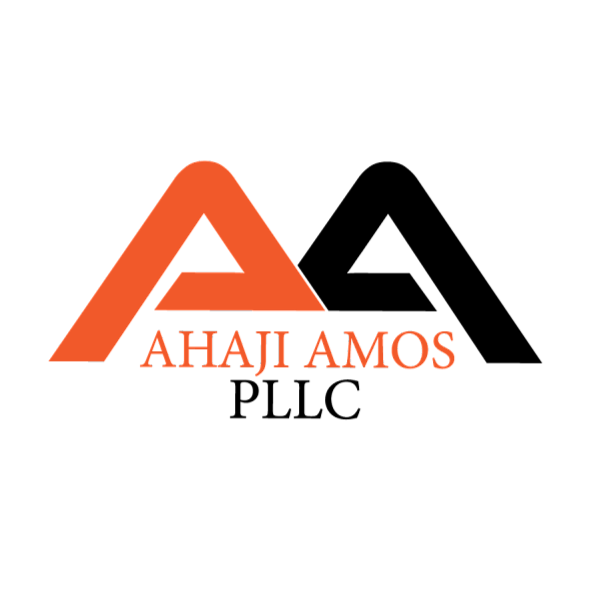
We Represent
Entrepreneurs
,
Inventors
,
Innovators
TRADEMARKS
TRADEMARKS
A trademark or service mark is a recognizable sign, smell, design, or expression which identifies products or services of a particular source from those of others. The trademark owner can be an individual, business organization, or any legal entity. A trademark may be located on a package, a label, a voucher, on the product itself, or simply displayed. We file federal trademark applications in every United State for a $250 flat fee, not including government filing fees. We als file non-US trademarks under the Madrid Protocol.
TRADEMARK SERVICES
TRADEMARK REGISTRATION
A logo, business name, color, smell, or any other source indicator may be protected using federal trademarks. We offer federal trademark registration applications on a flat-fee basis, not including government filing fees. We even provide a free search. While trademarks are formed by use, a trademark registration is generally required to enforce a trademark in court. Trademark law is confusing and grey. Using an attorney to help with the filing is important. If you've tried and don't know what to do next, give us a call.
TRADEMARK OPPOSITION
After a trademark application is approved by the United States Patent and Trademark Office (USPTO), it is published in the Official Trademark Gazette for opposition. During the 30-day opposition period any entity that believes they might be harmed by the registration of the trademark may file a notice of opposition to petition the USPTO to withdraw the allowance of the trademark application and deny federal trademark registration rights on the trademark to the applicant. We are skilled at representing the trademark owner when a notice of opposition is filed against their trademark application, as well as those that might be harmed by the issuance of a federal trademark registration, by drafting and filing notices of opposition with the USPTO Trademark Trial and Appeal Board (TTAB).
TRADEMARK CANCELATION
We represent our clients in trademark infringement cases, dilution cases and unfair competition and false advertising cases in courts across the country, as well as in opposition and cancellation proceedings before the Trademark Trial and Appeal Board (TTAB) of the Patent and Trademark Office. We prosecute and defend infringement and dilution claims and litigate disputes over product configuration, trade dress, fair use, nominative fair use, indications of geographic origin, initial interest confusion, linking and framing, certification and collective marks, the intersection of trademark rights and the First Amendment, and the online use of competitive trademarks.
DOMAIN NAME DISPUTEs
We work with clients to develop effective strategies to combat online and domain name infringement in courts and international administrative tribunals, including UDRP proceedings. Initiating a Domain Name Dispute is billed for $850, flat fee.
Trademark Clearance Searches
Our trademark clearance services are focused on giving you the peace of mind that the tagline, logo, or words you are about to employ in your marketing are available. That way, you can avoid conflict with the owner of the mark and avoid investing in an illegal branding campaign that must be shut down sooner than you'd like. Using competitor trademarks is not recommended without a clearance search.
TRADEMARK STATEMENT OF USE
Statement of use or allegation of use is required in every intent to use trademark application.
YOUR QUESTIONS…
1. Can I trademark my logo?
2. Do I need a trademark?
3. Do I need an attorney to trademark my name?
4. The Trademark Office rejected my trademark application. What do I do now?
5. If I have a trademark, can I stop someone from registering it as a domain name, or take an existing domain name?
6. Someone is using a name similar to my name. Can I stop them?
7. I want to name my product a name that is similar, but not the same as a known product’s name. Can I do that?
8. Can I trademark the color that I wrap my chocolates in?
9. I’ve never used my new logo, can I still trademark it?
10. Can I used a competitor’s name in my own advertising? I want to compare the two products.
OUR ANSWERS…
You may trademark your name or logo (or anything that acts as a source identifier to your customers) so long as you were the first to use it in your relevant market as an indication of source. All uses are not trademark uses, so you must be sure that the use is as a source identifier for goods or services. If the logo, name, or other word simply describes the product itself, you probably can’t register your trademark because it’s not actually being used as a trademark.
You need a trademark if you want to be able to stop others from using the trademark, regain a domain that has been registered by another entity using the trademark, or you want brand recognition and enforcement support from Amazon and Facebook.
Unless you have invented a brand new, non-descriptive word that is used solely to identify the source of your service or goods, then you MUST use a trademark attorney. Trademark prosecution is very grey and subjective. If you don’t know the law, chances are your trademark application will be denied.
If you don’t respond to a communication from the USPTO, then your trademark application will be withdrawn. Each and every allegation, question and rejection must be responded to in order to avoid withdrawal of your trademark application.
If you have a federal trademark registration that is live (you’ve continually used it and have paid all maintenance fees due), you can certainly block others from using your trademark so long as the use is confusingly similar (if the use is directed to services or products in a completely different industry, you may not be able to stop it because there’s no confusing similarity.)
You can certainly block others from using your trademark so long as the use is confusingly similar (if the use is directed to services or products in a completely different industry, you may not be able to stop it because there’s no confusing similarity.)
Yes if there is no likelihood of confusion. There is an exception (lots of them). Know that there is a possibility that the other mark has garnered famous status, which is protection that is so widespread that any use of a confusingly similar trademark in any industry might be an infringement. I would get an opinion from a trademark attorney before investing any money in a trademark that is so close to another, even in a different industry.
Yes! Colors can act as trademarks so long as they identify the source of the goods as you! Think, Tiffany blue.
You may file an intent to use trademark in the USPTO before you’ve used a trademark, but to complete registration, there must be use. Filing an intent to use trademark in the USPTO is a great way to have clarity on whether the trademark is available for you to use.
Yes. You may use a competitor’s trademark when doing comparative advertising. Just make sure you are telling the truth.








